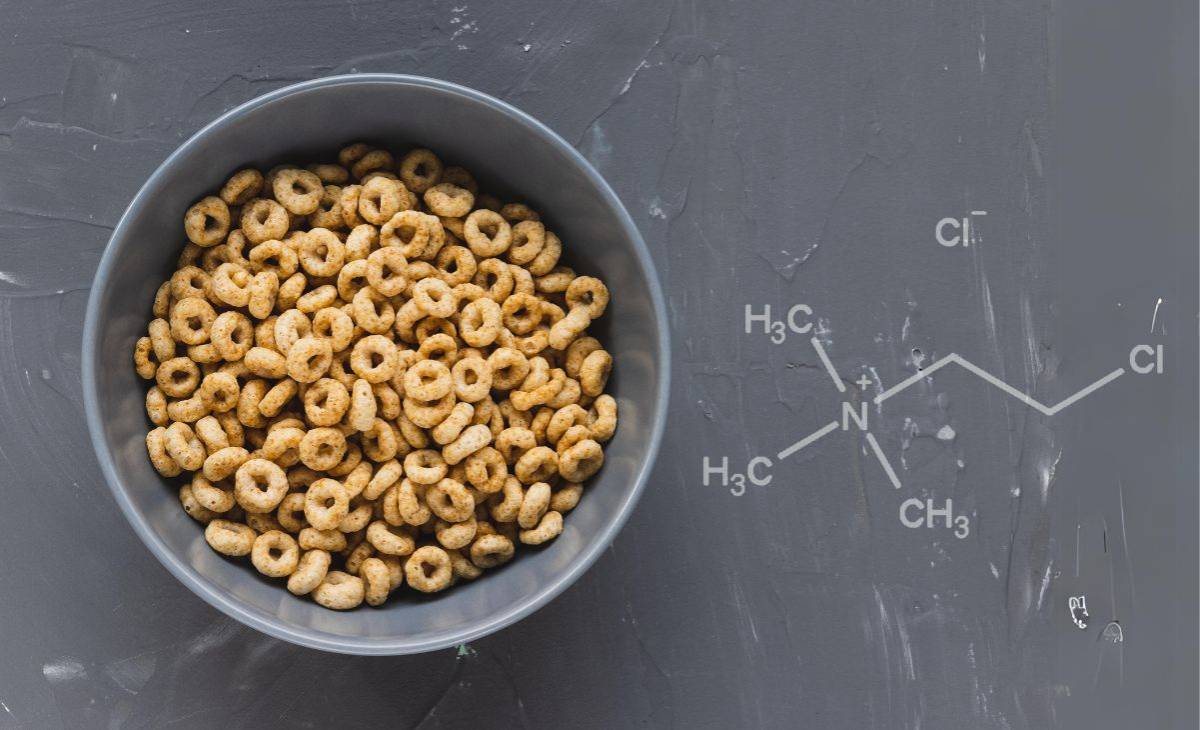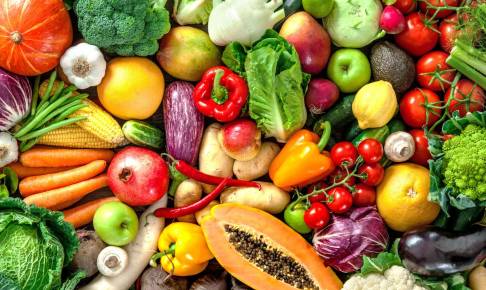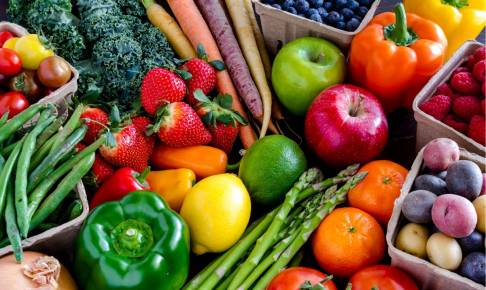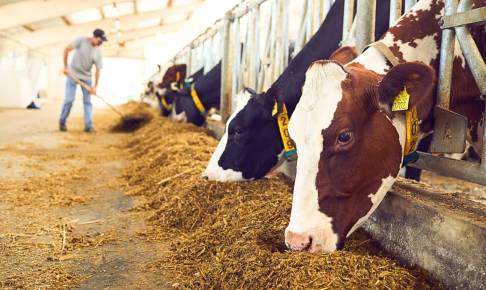US: lawsuit filed against popular breakfast cereal over pesticide contamination
In California, a legal action has been taken against the popular breakfast cereal brand Cheerios, accusing them of selling products with high levels of a harmful pesticide. The lawsuit, which was filed on February 23, alleges that various products, including regular Cheerios, Honey Nut, Frosted, and Oat Crunch Oats N' Honey, contain high levels of chlormequat chloride, a pesticide that has been linked to fertility issues if ingested. The legal action seeks to hold manufacturer accountable for the potential health risks associated with the presence of this hazardous substance in their products.
This controversy has raised concerns about the overall safety of the food supply chain and regulatory oversight. Critics argue that current regulations, particularly those enforced by the Food and Drug Administration (FDA), are inadequate in protecting consumers from harmful chemicals. This case may only be the beginning, signaling the need for stricter oversight of agricultural chemicals and their use in food production. It's important to note that this controversy extends beyond Cheerios, as other oat products have also come under scrutiny, with implications of lead contamination even reaching children's applesauce.
The concerns surrounding chlormequat chloride extend beyond the United States, as this pesticide, despite its known risks, is used in food crops also in the UK and EU. This international dimension underscores the widespread nature of the problem.
Moving forward, the Cheerios pesticide lawsuit should serve as a wake-up call to consumers, regulators, and the food industry as a whole. It highlights the urgent need for comprehensive testing, transparent labeling, and stricter regulatory standards to protect public health. As the legal battle unfolds, it is likely to spark a broader discussion on food safety, consumer rights, and the ethical responsibilities of food manufacturers.
While the outcome of this lawsuit is yet to be determined, its impact could be far-reaching. It has the potential to inspire a shift towards more natural and chemical-free food production methods. As consumers become increasingly aware of the ingredients and processes behind their food, the demand for healthier and safer options is expected to grow, pushing the industry towards more sustainable practices.
Source:






















